Filter by

Persuasion and legal reasoning in the ECtHR Rulings: balancing impossible dem…
Introduction 1 Challenges of judicial reasoning in beginning and end-of-life cases 2 Ways of judicial reasoning ⁰́₃ outline 3 Ways of reasoning in medically assisted procreation and surrogacy cases 4 Ways of reasoning in abortion cases 5 Ways of reasoning in end-of
- Edition
- -
- ISBN/ISSN
- 9781003375999
- Collation
- -
- Series Title
- -
- Call Number
- -
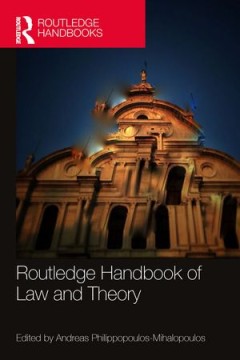
Routledge Handbook of Law and Theory
This handbook sets out an innovative approach to the theory of law, reconceptualising it in a material, embodied, socially contextualised and politically radical way. The book consists of original contributions authored by prominent academics, all of whom provide a valuable overview of legal theory as a discipline. The book contains five sections: • Spatiotemporal • Sense • Bo…
- Edition
- 1
- ISBN/ISSN
- 1317353005
- Collation
- -
- Series Title
- -
- Call Number
- 554 ROU
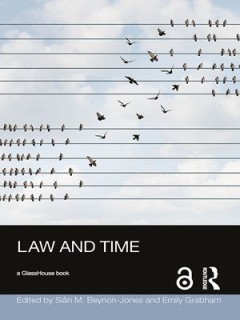
Law and Time
Research on law's relationship with time has flourished over the past decade. This edited collection aims to put law and time scholarship into wider context, advancing conversations on time and temporalities between socio-legal scholars, anthropologists, sociologists, geographers and historians. Through a diverse range of contributions, the collection explores how legal modalities of time emerg…
- Edition
- -
- ISBN/ISSN
- 1351683756
- Collation
- 282 halaman
- Series Title
- -
- Call Number
- 340 LAW
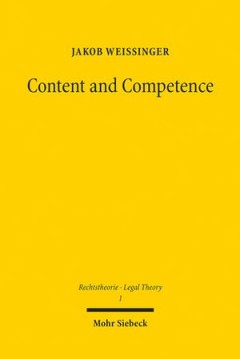
Content and Competence : A Descriptive Approach to the Concept of Rights
Just what is a right? Jakob Weissinger approaches this central problem of jurisprudence by critically examining the purpose of such normative concepts and carefully analysing the fundamental elements of normative practice like actions, decisions, the logic of norms and values as well as the plurality of normative practice. Interlinking the insights won, he outlines a stand-alone theory of right…
- Edition
- -
- ISBN/ISSN
- 9783161570308
- Collation
- -
- Series Title
- -
- Call Number
- 340 WEI c
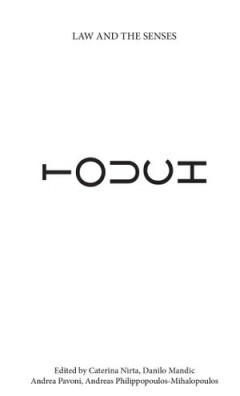
Touch
Described by Aristotle as the most vital of senses, touch contains both the physical and the metaphysical in its ability to express the determination of being. To manifest itself, touch makes a movement outwards, beyond the body, and relies on a specific physical involvement other senses do not require: to touch is already to be active and to activate. This fundamental ontology makes touch th…
- Edition
- -
- ISBN/ISSN
- 9781912656660
- Collation
- -
- Series Title
- -
- Call Number
- 129.6
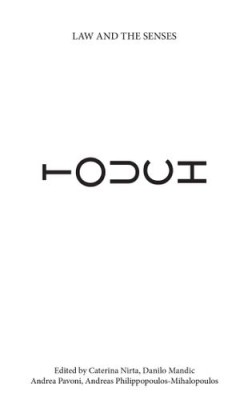
Touch
Described by Aristotle as the most vital of senses, touch contains both the physical and the metaphysical in its ability to express the determination of being. To manifest itself, touch makes a movement outwards, beyond the body, and relies on a specific physical involvement other senses do not require: to touch is already to be active and to activate. This fundamental ontology makes touch th…
- Edition
- -
- ISBN/ISSN
- 9781912656660
- Collation
- -
- Series Title
- -
- Call Number
- 700 TOU t
 Computer Science, Information & General Works
Computer Science, Information & General Works  Philosophy & Psychology
Philosophy & Psychology  Religion
Religion  Social Sciences
Social Sciences  Language
Language  Pure Science
Pure Science  Applied Sciences
Applied Sciences  Art & Recreation
Art & Recreation  Literature
Literature  History & Geography
History & Geography